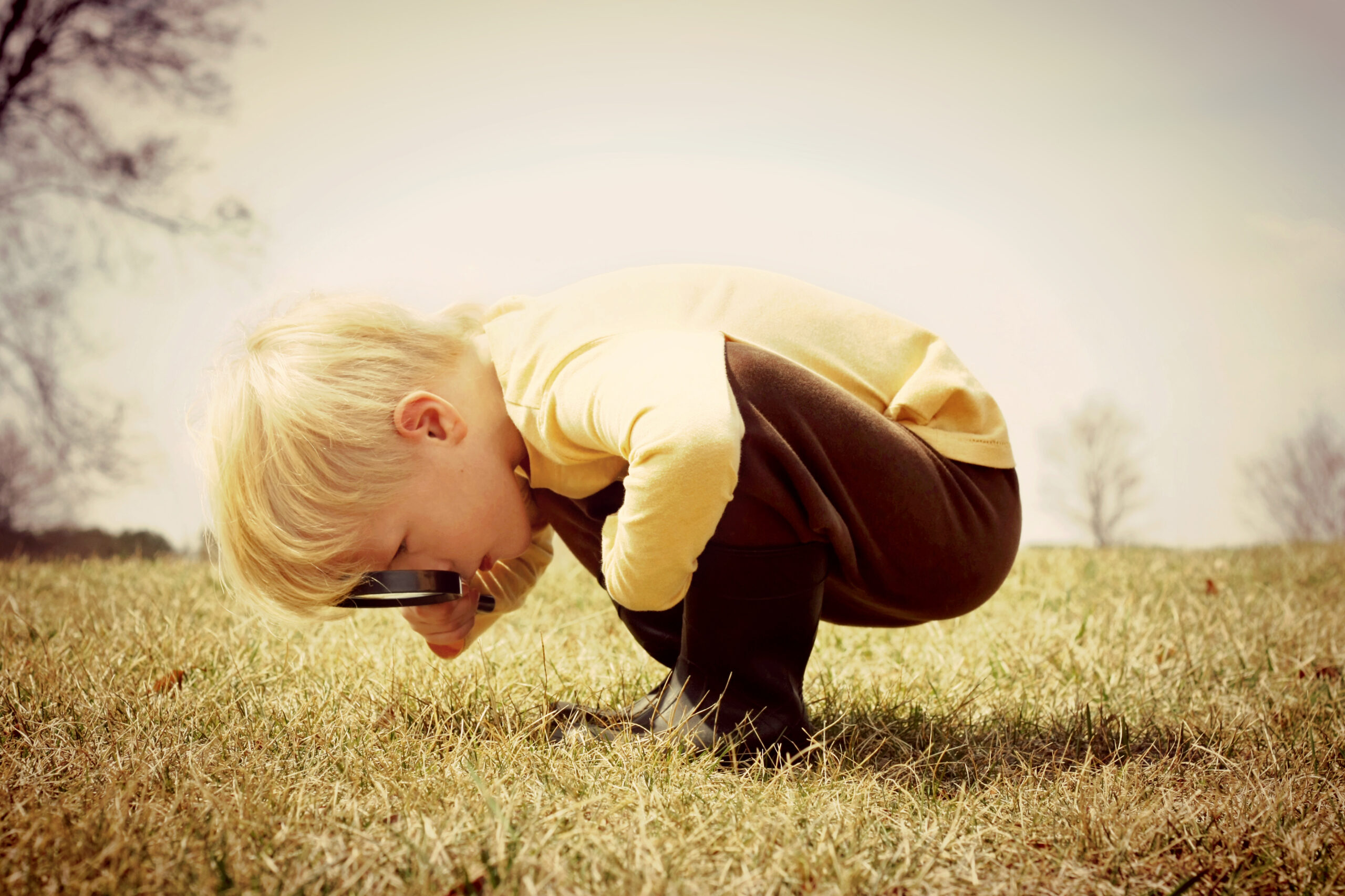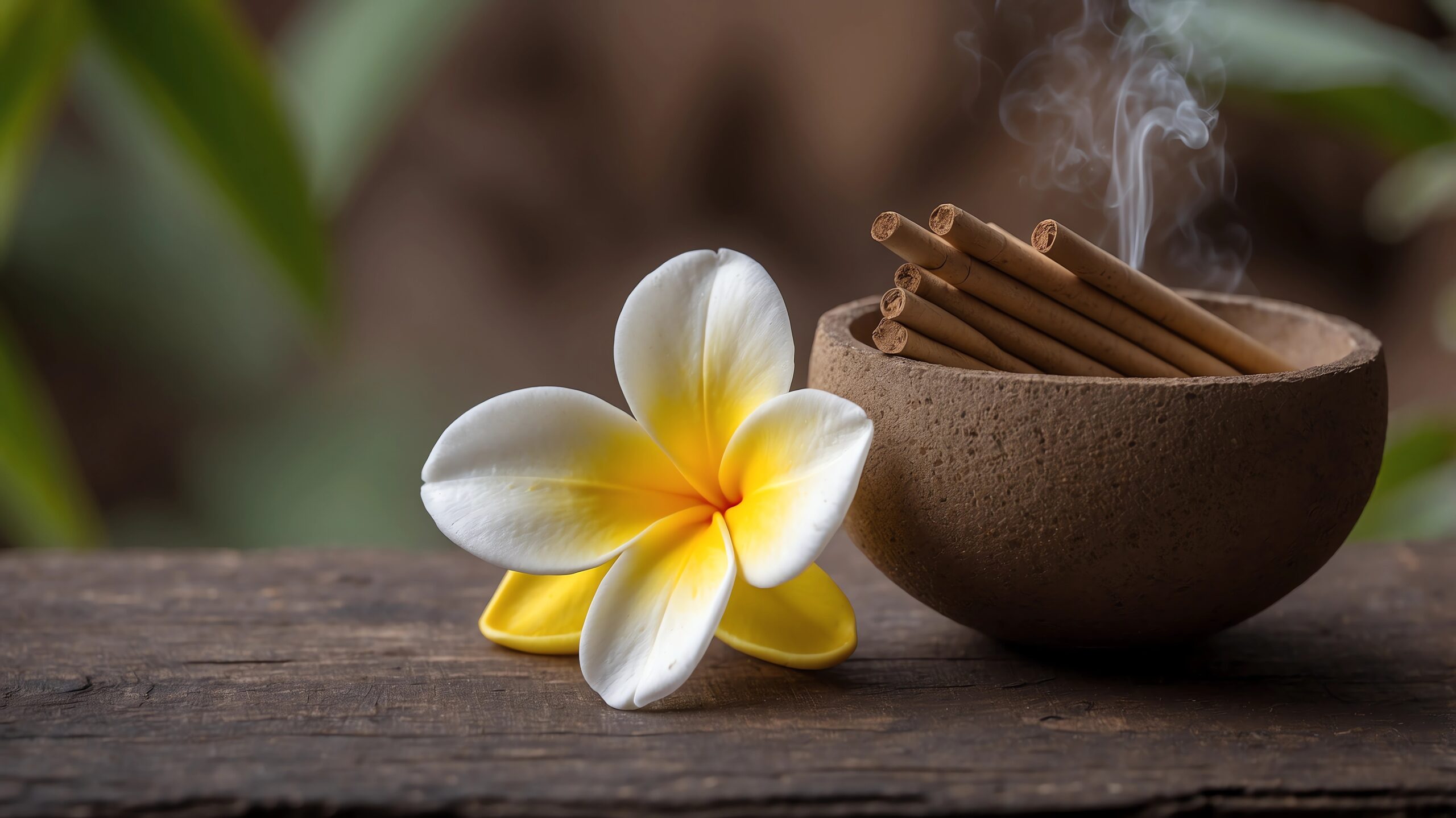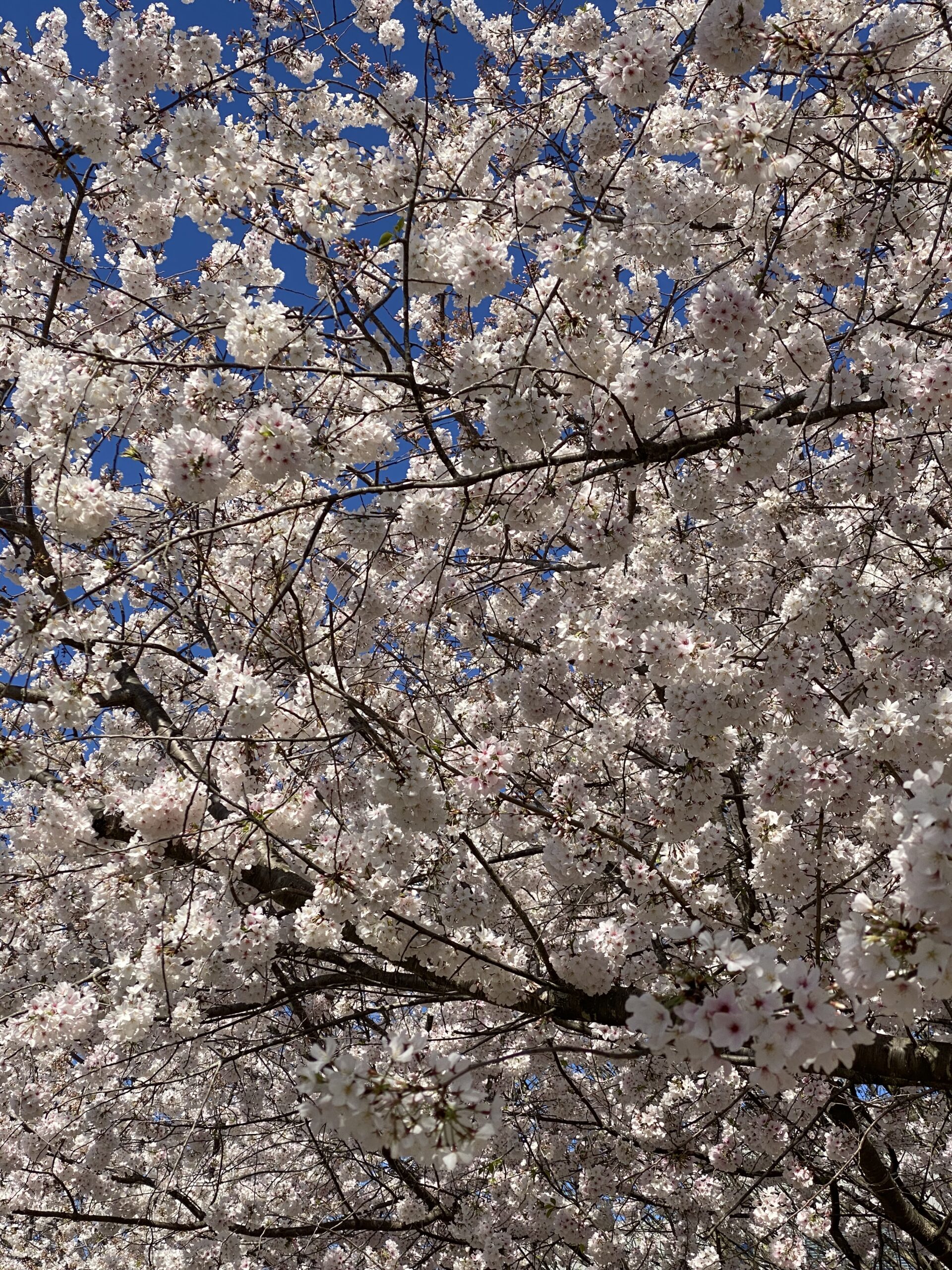Katie Steedly’s first-person piece [The Unspeakable Gift] is a riveting retelling of her participation in a National Institutes of Health study that aided her quest to come to grips with her life of living with a rare genetic disorder. Her writing is superb.
In recognition of receiving the Dateline Award for the Washingtonian Magazine essay, The Unspeakable Gift.
Enter your email here to receive Weekly Wide-Awake
Notice the Rage; Notice the Silence
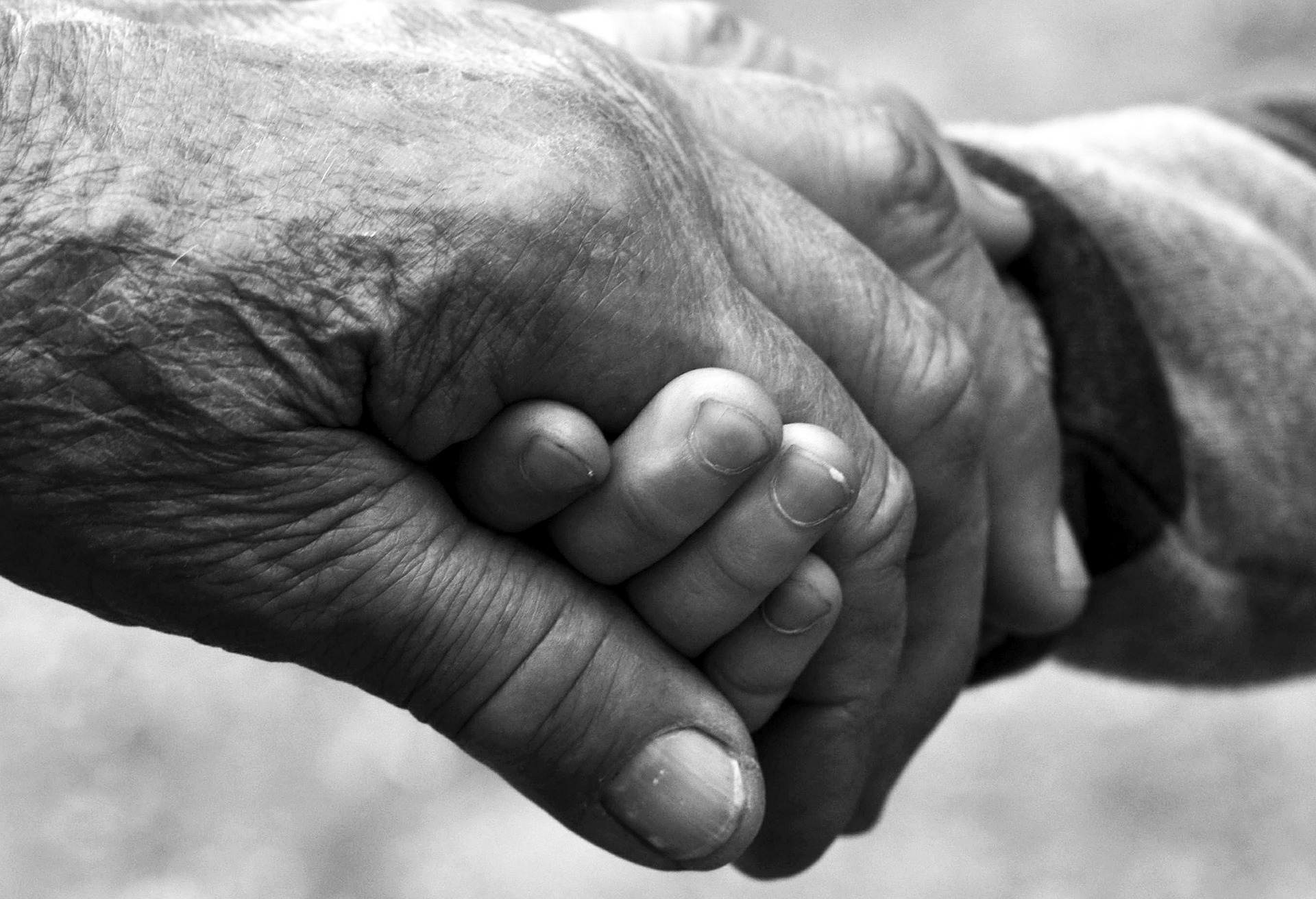
I think what it means to be human is to realize that we’re ever-emerging and that — that we are not machines. We are not flesh machines; we are not robots; we come from and are part of Creation, and that that cannot just be something we talk about when we go to a yoga retreat; that it has to be a lived, emergent ethos and that — one of my ancestors, Dr. King, talked about how, when people who love peace have to organize as well as people who love war. And for me, what that means is that it’s about work. It’s about action. It’s about doing. It’s about pausing. It’s about allowing — the reason why we want to heal the trauma of racialization is that it thwarts the emergence. So let’s not do that. Let’s condition and create cultures that will allow that emergence to reign supreme so that the intrinsic value can supersede the structural value.
Resmaa Menakem
One of the only certain and consistent things over the last few months is my desire and need to be outside running. (I am really slow – so it is more like walking – but I call it running.) I have also returned to consistently practicing yoga. Being in my body has quieted my mind. Being in my body has connected me with my breath. Being in my body has made sense in a way few things recently have. An On Being conversation with Resmaa Menakem connects the importance of our bodies in healing the impacts of trauma to addressing racism in our world.
Menakem, the author of My Grandmother’s Hands: Racialized Trauma and the Pathway to Mending Our Hearts and Bodies, is describes by Krista Tippett, interviewer and founder and CEO of On Being, “a therapist and trauma specialist who activates the wisdom of elders and a very new science, about how all of us carry the history and traumas behind everything we collapse into the word ‘race’ in our bodies.” Their conversation occurs face-to-face, before quarantine, in Minneapolis where Tippett and Menakem live and work, in wake of George Floyd’s death.
Early in their conversation, they discuss Menakem’s grandmother’s hands. That immediately made me think of holding my own grandmother’s hands as she passed away years ago. We learn so much from our grandmother’s and their hands. Menakem makes the point that our stories are physically, energetically, genetically, and chemically linked to our traumas. He asserts that point often gets missed in our quest to understand race. Rather than say “bodies of color,” he says “bodies of culture” to humanize our conversation and connect us with one another. Menakem evokes the notion of practicing physical awareness to awaken our bodies to address the impact of trauma. Healing can start once awakening happens. He speaks directly about activating the vagus nerve and psoas muscle to heal our body’s trauma.
In pulling together her thoughts about Menakem’s work, Tippett reflects, “There’s a line from you, which really is what this all comes down to, which is just so [laughs] sad to think that this is basic human reality: that ‘all adults need to learn how to soothe and anchor themselves rather than expect or demand that others soothe them. And all adults need to heal and grow up.’ And that so many of the things we’ve done in this culture, especially around the invention of whiteness, allows people to avoid developing the full range, or inhibits people from developing the full range of being a grownup.” Perhaps attending integrated schools, working in cultures different from my own, and living in culturally diverse places has allowed me grow up and learn to soothe and anchor myself just a little. I have practiced all that throughout my life. Perhaps engaging my body right now is part of my continuing journey of growing up, too.
About Katie
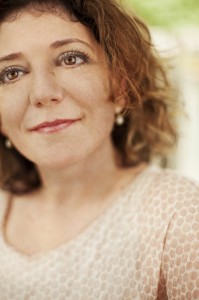
From Louisville. Live in Atlanta. Curious by nature. Researcher by education. Writer by practice. Grateful heart by desire.
Buy the Book!
The Stage Is On Fire, a memoir about hope and change, reasons for voyaging, and dreams burning down can be purchased on Amazon.

